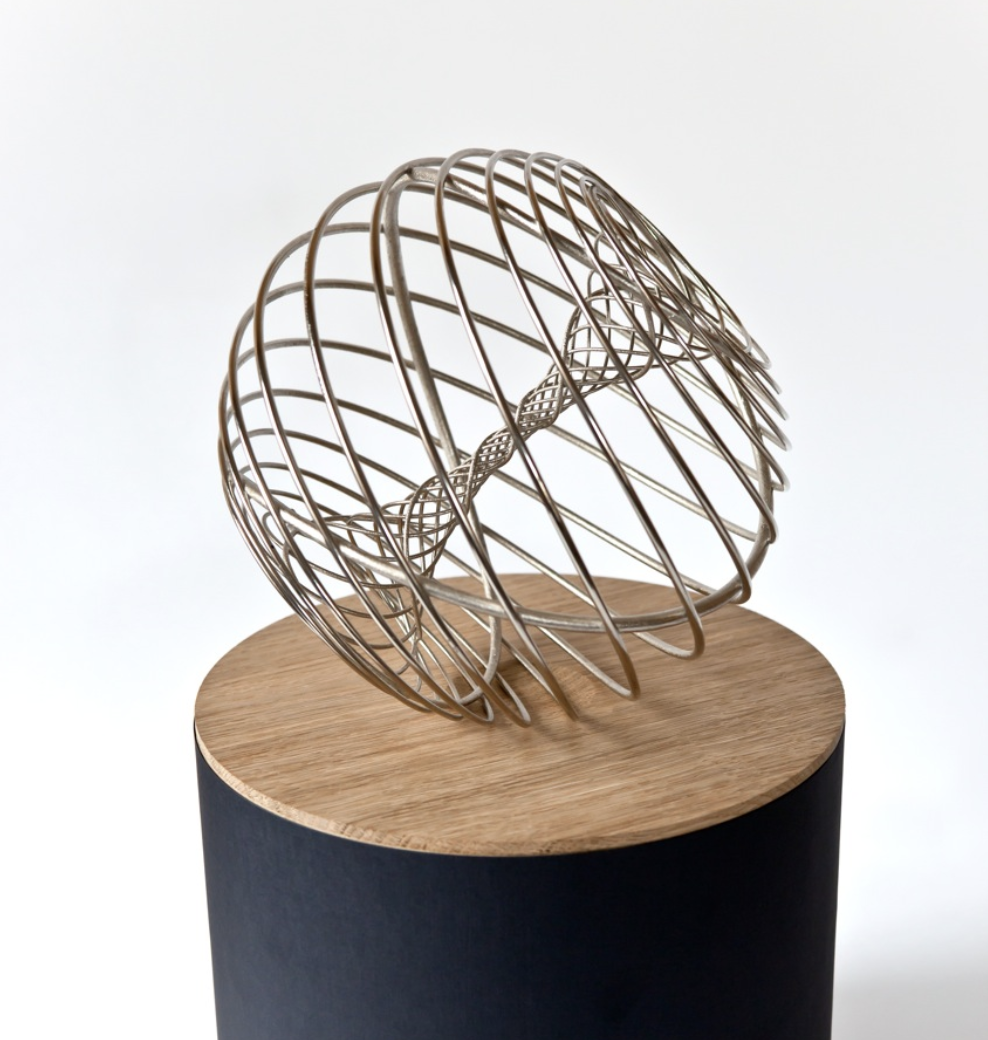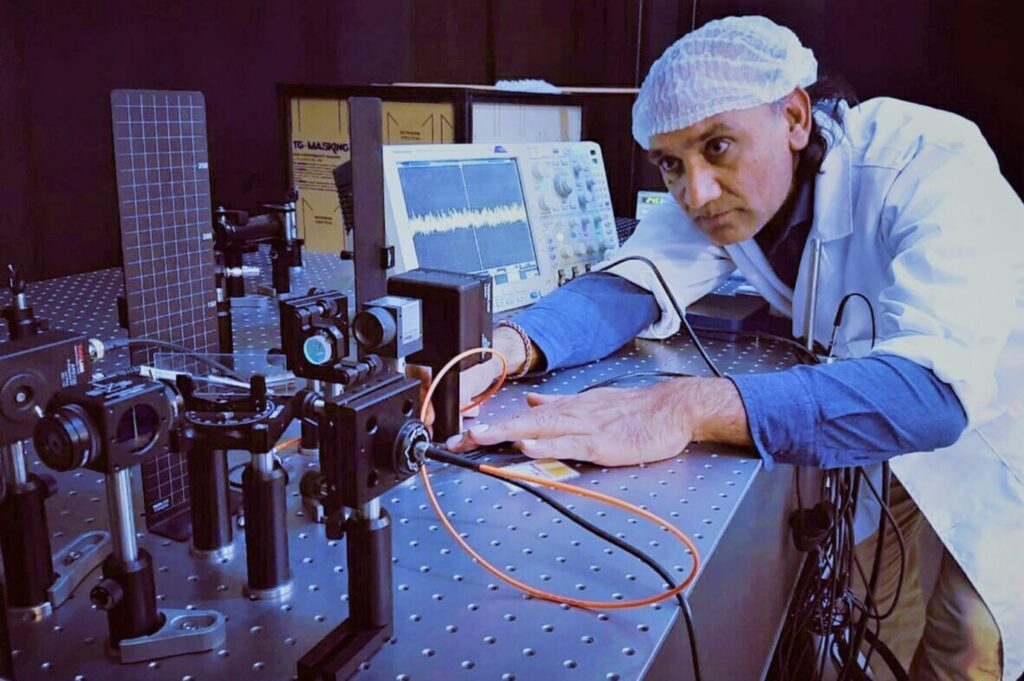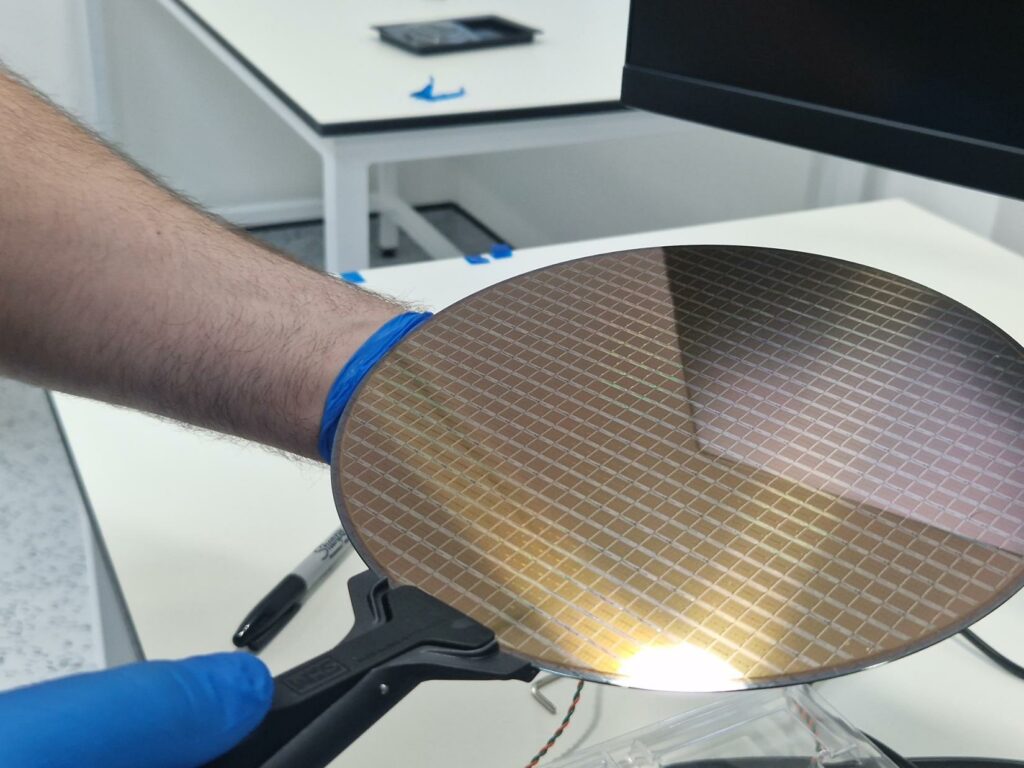Four pioneers in the field of quantum information were among the list of the 2023 Breakthrough Prize laureates, according to a statement from the Breakthrough Prize Foundation.
David Deutsch, Peter Shor, Charles H. Bennett and Gilles Brassard were listed as this year’s winner in the fundamental physics category. Each winner will receive about $3 million.
The foundation and its sponsors – Sergey Brin, Priscilla Chan and Mark Zuckerberg, Julia and Yuri Milner and Anne Wojcicki – announced the Breakthrough Prizes today. The Breakthrough prizes, along with the New Horizon and Maryam Mirzakhani New Frontiers Prizes awards, are worth about $15.75 million, making it the world’s largest scientific prize.
“Congratulations to all of the Breakthrough Prize winners, whose incredible discoveries will pave the way for scientific discovery and spur innovation,” said CZI Co-Founders and Co-CEOs Priscilla Chan and Mark Zuckerberg. “These laureates and early-career scientists are pushing the boundaries of what’s possible in research and science, and we’re thrilled to honor their accomplishments.”
David Deutsch, who is affiliated with Oxford University, is considered indispensable to the creation of today’s quantum computing field.

He defined a quantum Turing machine and proved that it could simulate to arbitrary accuracy any physical system that obeys the laws of quantum mechanics.
According to the statement: “He showed that such a computer is equivalent to a network of surprisingly few quantum gates – logic gates that leverage entanglement and the quantum superposition of many states at once. And he designed the first quantum algorithm that surpasses the best equivalent classical algorithm.”
MIT’s Peter Shor’s contribution to the quantum field ranges from breakthrough work in quantum software to quantum gravity.
The foundation sponsors write: “Shor’s algorithm can find the factors of large numbers exponentially faster than is thought to be possible for any classical algorithm. He also designed techniques for error-correction in quantum computers – a much harder feat than in classical computers, where simple redundancy will suffice. These ideas not only paved the way for today’s fast-developing quantum computers; they are now also at the frontiers of fundamental physics, especially in the study of metrology – the science of measurement – and of quantum gravity.”
Charles H. Bennett, IBM Thomas J. Watson Research Center, and Gilles Brassard, Université de Montréal, developed the BB84 protocol, which, according to the foundation, built on Stephen Wiesner’s work on quantum money. Their work is pivotal to current approaches on quantum cryptography, as well as helped broaden our understanding of quantum teleportation and entanglement.
“Unlike methods commonly used in e-commerce, it cannot be broken even by an eavesdropper with unlimited computing power,” the sponsors write. “Their 1993 discovery, with collaborators, of quantum teleportation, showed that entanglement is a useful quantifiable resource despite having no communication capacity of its own, thereby helping launch the new science of quantum information processing.”
Beyond the main prizes, 6 New Horizons Prizes, each of $100,000, were distributed between 11 early-career scientists and mathematicians who have already made a substantial impact on their fields. In addition, 3 Maryam Mirzakhani New Frontiers Prizes, of $50,000 each, were awarded to women mathematicians who have recently completed their PhDs and produced important results.
The other Breakthrough Prizes include:
2023 Breakthrough Prizes in Life Sciences
- Clifford P. Brangwynne, Princeton University, Howard Hughes Medical Institute and the Marine Biological Laboratory
Anthony A. Hyman, Max Planck Institute of Molecular Cell Biology and GeneticsFor discovering a fundamental mechanism of cellular organization mediated by phase separation of proteins and RNA into membraneless liquid droplets. - Demis Hassabis, DeepMind
John Jumper, DeepMindFor developing a deep learning AI method that rapidly and accurately predicts the three-dimensional structure of proteins from their amino acid sequence. - Emmanuel Mignot, Stanford University School of Medicine
Masashi Yanagisawa, University of TsukubaFor discovering that narcolepsy is caused by the loss of a small population of brain cells that make a wake-promoting substance, paving the way for the development of new treatments for sleep disorders.2023 Breakthrough Prize in Mathematics
Daniel A. Spielman, Yale University
For breakthrough contributions to theoretical computer science and mathematics, including to spectral graph theory, the Kadison-Singer problem, numerical linear algebra, optimization, and coding theory.
“Neurodegenerative disease breakthroughs, quantum computing, AI solving protein structure, and more…” said Sergey Brin, “These are incredible advances that deserve to be celebrated.”
If you found this article to be informative, you can explore more current quantum news here, exclusives, interviews, and podcasts.




















